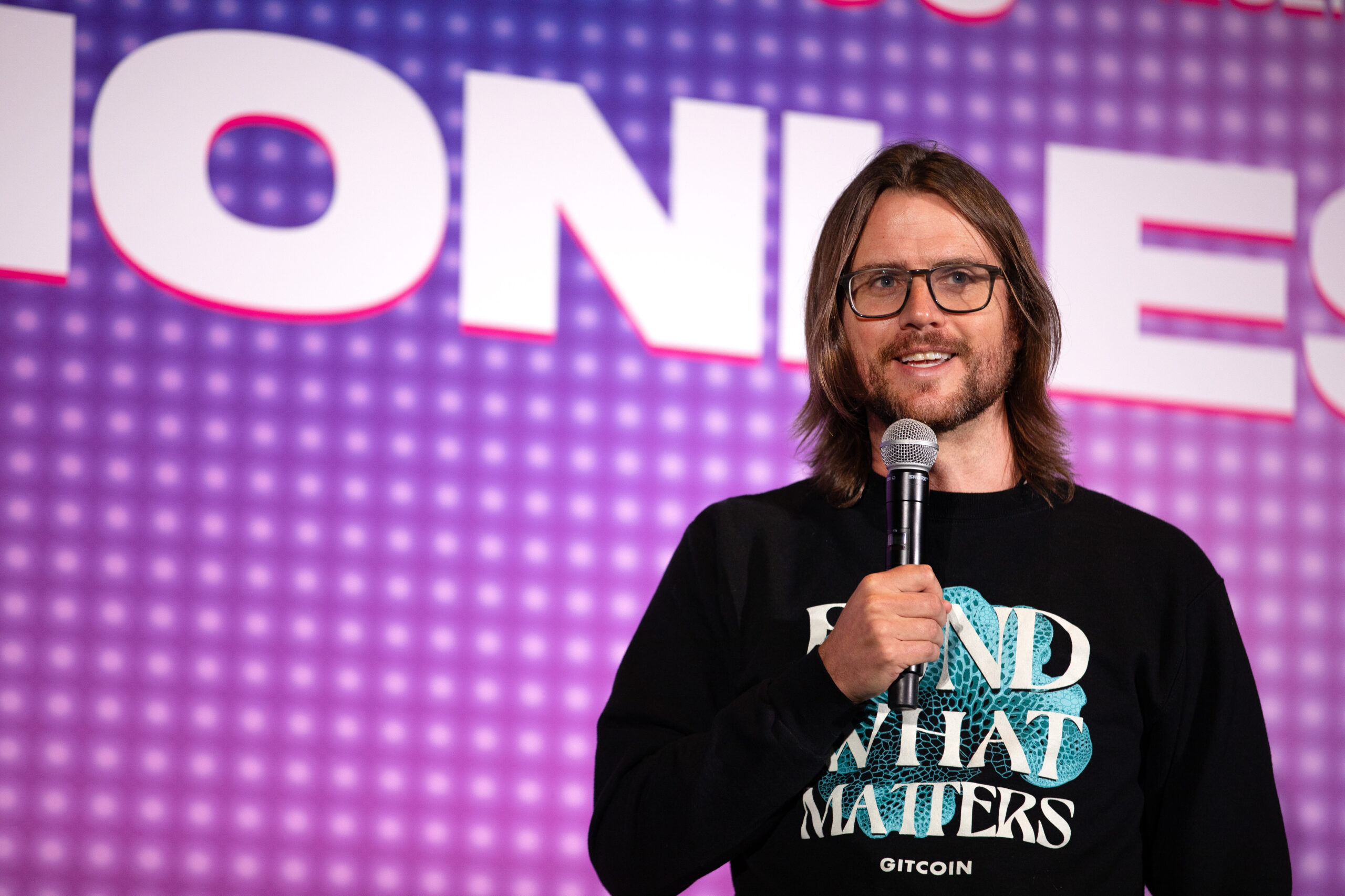Gitcoin, a platform renowned for funding open-source software, is undergoing a significant restructuring to refine its focus and enhance its grants infrastructure, specifically catering to the Ethereum ecosystem.
The strategic shift marks a departure from its initial approach centered around public goods funding, steering towards a more technology-oriented trajectory. The reorganization aims to provide technology teams with a clearer direction and a more structured framework to foster development within the Ethereum space.
Gitcoin restructuring for efficiency and direction
Since its inception in May 2021, the company has operated with a relatively flat organizational structure, devoid of a traditional CEO role. The platform has functioned through workstreams—focused groups dedicated to specific tasks or projects, with budget approvals contingent on community voting. While the structure fostered a democratic approach, it often led to time-consuming processes and a lack of cohesive direction.
Recognizing the need for a more streamlined and focused approach, Gitcoin is transforming. According to Kyle Weiss, the executive director of Gitcoin, the evolution of the DAO (Decentralized Autonomous Organization) from an impact-focused entity to a more technology-centric one necessitated the change. The new structure aims to address the disjointed nature of operations, especially in a DAO environment where contributors are globally dispersed and working remotely.
Introduction of business units and SubDAO
As part of the restructuring, Gitcoin is introducing two distinct business units within the organization. One unit will concentrate on coordinating product-specific work, ensuring that technological development is targeted and efficient. Concurrently, a subDAO (Sub-Decentralized Autonomous Organization) will be established to handle community and governance matters, maintaining the democratic essence of Gitcoin while providing a more organized framework for decision-making.
The reorganization reflects Gitcoin’s commitment to refining its focus on grants, particularly for the Ethereum ecosystem. Weiss emphasized the shift in the company’s narrative from public goods funding to a more pronounced association with grants. The transition is indicative of Gitcoin’s evolution from an impact-driven organization to one that is predominantly technology-oriented.
Embracing a “Labs” structure for enhanced development
In line with the restructuring, Gitcoin is transitioning from independent workstreams to a “Labs” structure, akin to models adopted by prominent protocol development teams like Uniswap Labs and OP Labs. The shift is aimed at ensuring stability in software development and providing the DAO with well-defined scopes of work. By adopting the structure, Gitcoin aspires to foster a more focused and efficient development environment, where software development teams are empowered with greater leadership and decision-making clarity.
The redefined role of the community in the new structure is also noteworthy. While the community will continue to play a crucial role through token voting in the grants programs, the decision-making about multi-year roadmap decisions on the technology side may see a shift. Both Weiss and Gitcoin co-founder Kevin Owocki acknowledge the challenges and uncertainties surrounding DAOs’ ability to develop software. The Labs team structure is a strategic response to the challenge, aiming to ensure that Gitcoin not only continues to support open-source software but also excels in building world-class software solutions.
Conclusion
Gitcoin’s strategic restructuring represents a pivotal moment in the platform’s journey. By shifting its focus towards grants for the Ethereum ecosystem and adopting a more structured organizational framework, Gitcoin is poised to enhance its contributions to the open-source community and the broader blockchain space. The introduction of business units, the transition to a Labs structure, and the refined focus on technology development underscore Gitcoin’s commitment to innovation, efficiency, and the continued support of the Ethereum ecosystem.





